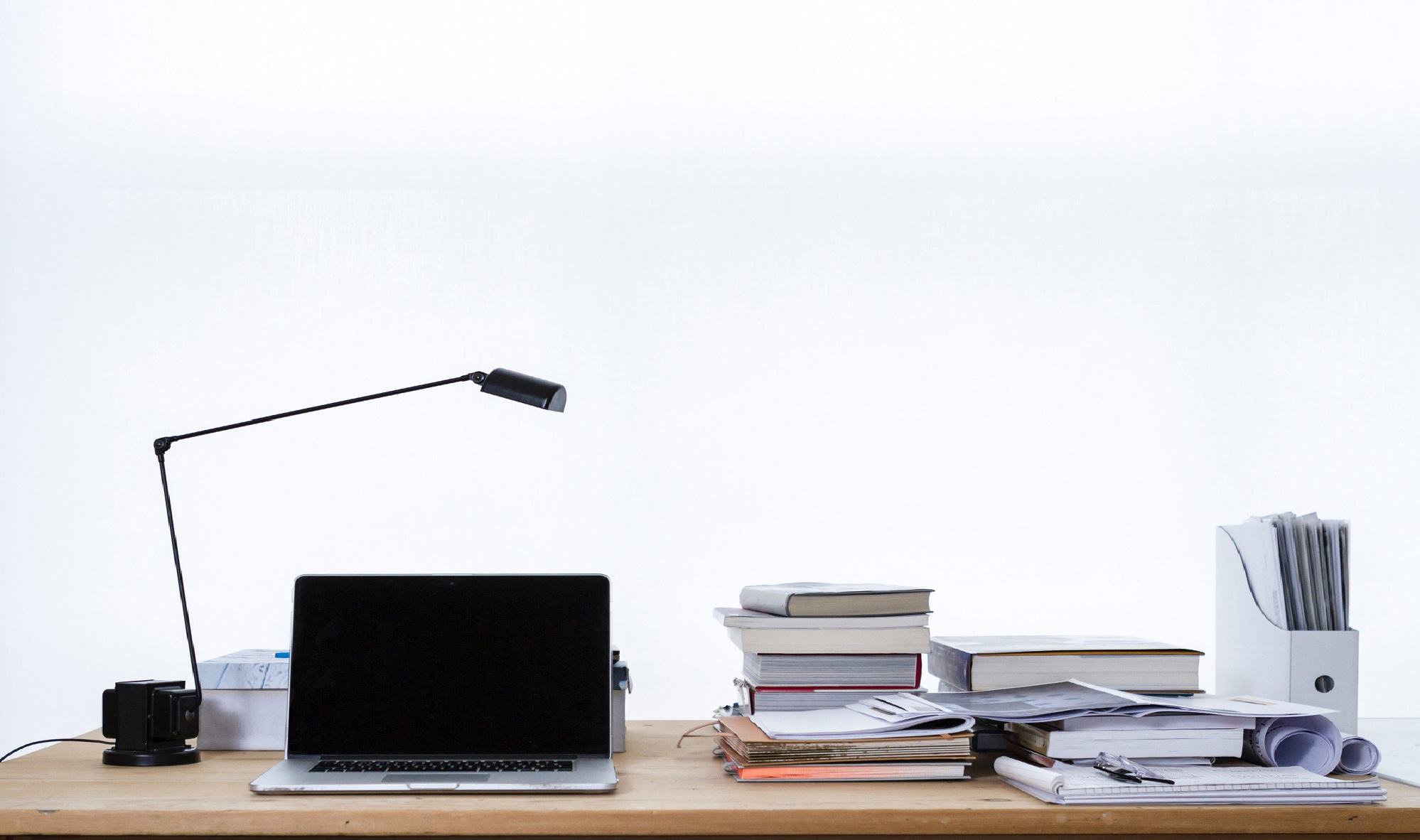
You may be wondering, what happens after exams are over? This blog will be about our research and how we’ve been spending our time this summer! Hopefully, it will give you some insight to the last part of your Masters at King’s.
Aisha
During exams, I took a break from work, my clinical placement and put my social life on pause. So after my last exam on May 22nd, I took a huge sigh of relief and started introducing my summer schedule. Now that classes are over my main focus is my dissertation. My research involves developing a new questionnaire to measure childhood gender atypical behaviour. It’s an online survey for adults to reflect on their past behaviour. I chose it as I’m really interested in the intersection between sexual orientation, gender identity and mental health.
There’s another Mental Health Studies student working on the same project, sometimes supervisors will offer this option. In our case we’re using the same dataset however, we will ultimately be writing up slightly different questions. I’ve really enjoyed having another person by my side in this sometimes stressful process. This has also lead to us having two dissertation supervisors, one is a statistician in the Biostatistics & health informatics department, and the other is a clinical psychologist. It has been so helpful having a variety of perspectives in our meetings. So far after posting an endless amount of links, we have finished recruitment! We are currently working on data analysis and the early stages of writing. The due date is approaching on August 28th, and I’m in disbelief at how fast this year has gone by!
I have also resumed my placement, which is one day a week. once a week and which I will continue until the end of August. I’ve had more opportunities to observe client interactions, I’ve even seen some clients more than once. Although it’s a voluntary placement I’ve personally chosen to take notes each week, so I can reflect on my experience. So far It has definitely given me insight into a multidisciplinary community mental health team and I look forward to even more experiences in the upcoming weeks. Alongside placement once a week, I’ve been working part-time 2-3 days a week. This leaves me with 3-4 days to work on my dissertation and any other weekly tasks. As my recruitment was online it allowed me the freedom to work on it anytime, anywhere. Honestly, I still mostly work at the Weston education centre library since it has plenty of space, it’s low on distractions and only 20 mins from my flat! I’ve also managed to find time to have fun! In June I went on holiday to visit my brother in the south of France, I’ve been watching the world cup and I had an amazing time at London Pride last weekend!
Shabani
My last set of exams were over in March and around the same time I chose my project title. While looking through the list I knew instantly which project I wanted, “Exploring the relationship between theory of mind deficits and Autistic traits in the general population”. I loved this topic in particular because I have always been very interested in the theory of mind, empathy and compassion.
While waiting for ethics approval to start recruiting people for my study, I volunteered as a research assistant for an EEG project on eating disorders at the SGDP. I learnt a lot, like how to independently set up and record an EEG, as well as the essentials of data handling.
In June I started recruiting and testing people and I am still doing that now. My goal is to recruit 80 people in total, 40 male and 40 female by the 1st of August. Although I have reached my goal for female participants, getting males to participate is really hard! I advertise my study on the KCL Fortnightly Circular (an email that is sent every second Monday advertising the research that requires participants) as well as putting posters up everywhere around Denmark Hill Campus. During the session I administer some questionnaires, a video and picture based task as well as an IQ test, on average each session lasts around 1.5 hours. While I recruit and test participants 3 days a week, I keep one day for data entry and writing up my thesis. I am really enjoying my project because I get a great deal of freedom to organise my own time and am able to focus on whichever area I want, as well this I still get a lot of support from my supervisor who I see twice a week, which is really great. The lab that I work at in the Addiction Sciences Building has excellent facilities, like a private office space for me to work in and recruit participants, as well as a fully equipped kitchen, so needless to say I don’t really need anything else and is where I spend most of my time!

Leave a Reply